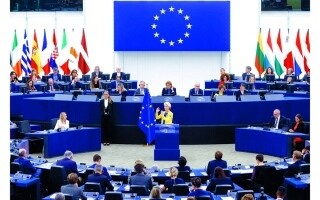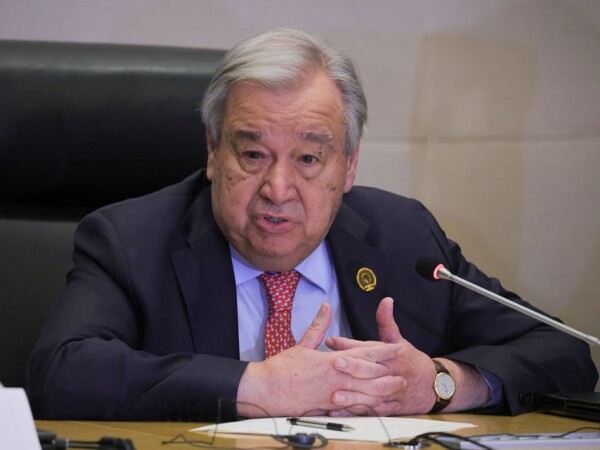
Reforms in power under the leadership of American President Donald Trump are gaining momentum. Ministers had been appointed as "hardliners" regarding China and skeptics about the North Atlantic alliance. This indicates that the United States is more interested in deregulation than in maintaining alliances.
With support from friends like Canada, and competitors like China, on equal footing in the confrontation, the European Union is facing a unique opportunity to redefine its role as a global leader.
The role of "counterbalance" in global affairs, which Europe allowed the Atlantic Alliance, now has a chance to change. President Trump, having strengthened his preferential attitude towards NATO and strife for trade agreements, has made it clear that the times of financing European security from the US are coming to an end.
The fierce conflict between Washington and Beijing creates a strong position for Europe, opening up the chance to unexpectedly become a key player in the global arena. The European Union must strive to strengthen its capabilities in defense and autonomy. Its true strength lies not in weaponry or self-destructive tendencies, but in its ability to shape global standards and perspectives.
If the European Union overcomes its internal disagreements and simplifies bureaucratic processes, its influence will not be limited to a mere business practice, but it will be able to foster development and progress for emerging powers, without reducing them to pawns in someone else's game.
Thanks to its unity, Europe can not only become a great organization but also a balanced factor in the politics of major powers, demonstrating how regional cooperation can prevail over hegemony and coercion.













